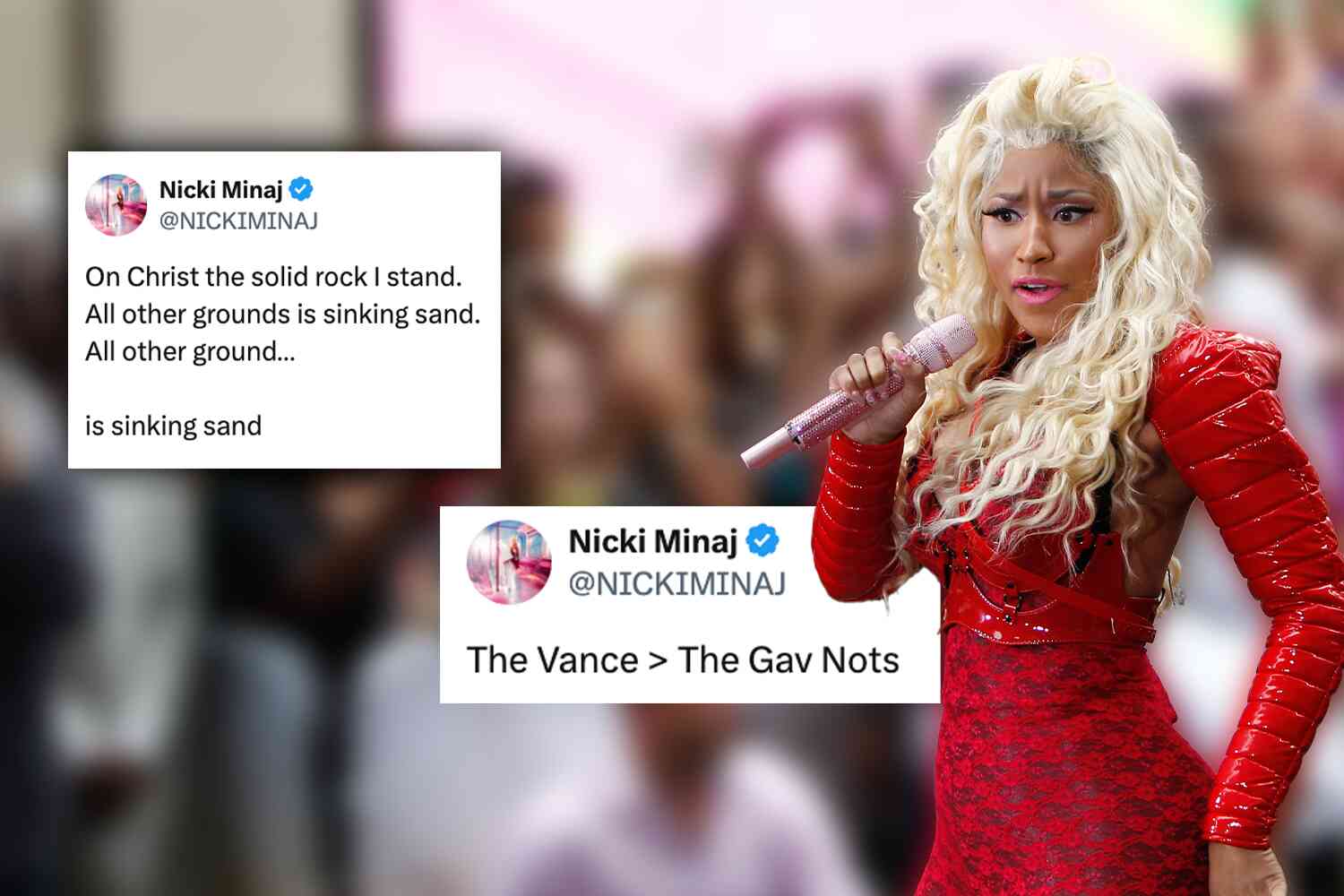Last week was homecoming at the school where I teach, and this year, there was a problem.
Homecoming means make-shift floats that may or may not withstand the rigors of 2-mph breezes, endless renditions of the school song by the marching band, and candy for the elementary school students that line the roads.
But this year, the parade participants were short - way short - on candy pieces. A few packages of Motts fruit snacks here, some Dubble Bubble bags there, and a few boxes of Dum Dum lollipops had to stretch a long way this year. The kids on the floats were aware of it, as were the disappointed elementary kids who nearly staged a mutiny.
Where was all the candy?
In what is yet another one of the myriad minor examples that, taken on its own, seems insignificant, but seen from a broader perspective paints an ominous landscape of economic malaise, the participating classes and clubs found that their candy dollars didn't stretch nearly as far this year. On my drive home, I checked it out myself, and they're not lying: Bags of candy are a lot more expensive than they've been in recent years.
This is a small, fairly inconsequential anecdote about the economic situation many average Americans find themselves in right now.
Regardless of what those first graders thought, no one needs candy to survive.
But energy, clothes, groceries, gas, milk and juice? What about late-night Taco Bell runs, a movie with your spouse or kids, a day at the ballpark, or a vacation?
Higher taxes, skyrocketing inflation, and absurd interest rates are making those things nearly impossible for many of us.
Not all of us, of course. Many people are doing just fine.
The unfortunate thing is that many of those who are more than content with the current status quo are the very same people who man the microphones, operate the cameras, write the newspapers, and control the flow of information to the struggling masses.
People like former Wall Street Journal, New York Times, NBC, and CNN "journalist" John Harwood:
Obviously, a remark like that from a connected, wealthy elite is ripe for castigating memes like this:
I can appreciate condescension towards the condescending class. But Harwood's lecturing post is more than just short-sighted and poorly reasoned. There's actually an element of cruelty in a statement like his; one that implies the very real budget struggles of everyday Americans is simply a matter of misplaced perception - the "it's all in your head" response to hungry inner-city families. That Harwood, a now-outed and committed left-wing activist, and his Democrat Party cosplay as a movement for the working men and women of America is gross.
I don't consider myself overly intellectual, but I'm old enough now to read the numbers and distinguish between organic consumer spending and government-funded largesse. I'm cognizant of my surroundings enough that I know the shuttered storefronts of long-time family operated businesses when I see them. And I'm capable of finding the government's own statistics that show my anecdotal observations are not aberrations.
Small business bankruptcies, as well as property foreclosures, are very real problems in the country, while job creation - real private sector job creation - is stumbling badly. It doesn't take a genius to say things aren't good. But it does, apparently, take a pseudo-genius to obfuscate and drown reality in a sea of manipulated statistics, charts, and graphs.
That's where John Harwood lives, because his wealth and privilege shelter him from living like the peasants he deigns to scold for thinking they have it so bad. Personally, I find that kind of arrogant pomposity contemptuous, particularly when his own presidential candidate of choice has herself acknowledged what Harwood says isn't real:
You might recall that FDR was the Democrat president who presided over the worst economic disaster in our country's history, and whose "bold, persistent experimentation" prolonged that Great Depression for an additional five to seven years. Still, you'd like to ask John Harwood, if things are really going so well, why would Ms. Harris be promising to pull out all the stops in order to fix a non-existent problem?
Harwood's gaslighting is about control. Harris's "experimentation" is all about control.
Let's take care of one another, because if you haven't yet realized it, help is not coming from the elites.
P.S. Now check out our latest video 👇
Disclaimer: The opinions expressed in this article are those of the author and do not necessarily reflect the opinions of Not the Bee or any of its affiliates.









